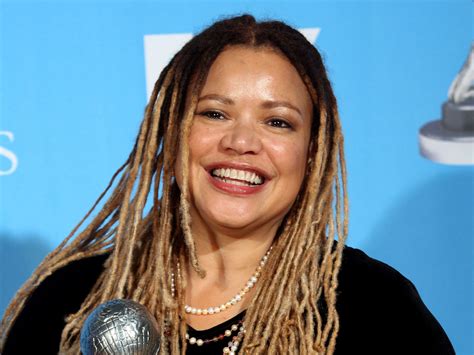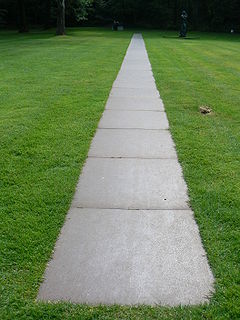A Quote by Cheo Hodari Coker
If you think about black art, all black art, whether it's Invisible Man or whether it's James Baldwin, Langston Hughes, Zora Hurston, or Richard Wright, they all deal with elements of identity and trying to humanize our experience and our struggle in the world where people have been indifferent to who we are and what we are. It's basically just saying that our lives have meaning.
Related Quotes
I wanted to pay homage to someone who was such an important literary figure in my life. I think Langston Hughes would be proud of the picture Black Nativity, yet it's a contemporary story about a family living in Harlem. I named the lead character Langston, put a little bit of poetry in there, and some Langston Hughes quotes, and, of course, his stage play, Black Nativity.
There are many things that black women can continue to do to help black folk. First, black women have historically been among the most vocal advocates for equality in our community. We must take full advantage of such courage by continuing to combat the sexism in our communities. Black women, whether in church, or hip-hop, don't receive their just due. Second, when black women are in charge of child-rearing, they must make ever so sure to raise black children who respect both men and women, and who root out the malevolent beliefs about women that shatter our culture.
We've been fighting our whole lives to say we're just human beings like everyone else. When we start separating ourselves in our work, that doesn't help the cause. I've heard it for years: 'How do you feel being a black filmmaker?' I'm not a black filmmaker, I'm a filmmaker. I'm a black man, I have black children. But I'm just a filmmaker.
I think sometimes what people miss about black people is that we're complicated, that we are indeed messy, that we do our best with what we've been given. We come into the world exactly like you. It's just that there are circumstances in the culture that are dictated and put on our lives that we have to fight against.
History has proven that art depicting black people cannot be disentangled from the political implications that such art has on their lives. As Africans were being stripped from the continent and sailed across the Atlantic to the Western world, depictions of black people in Western art changed in order to further render them racialized caricatures.





























